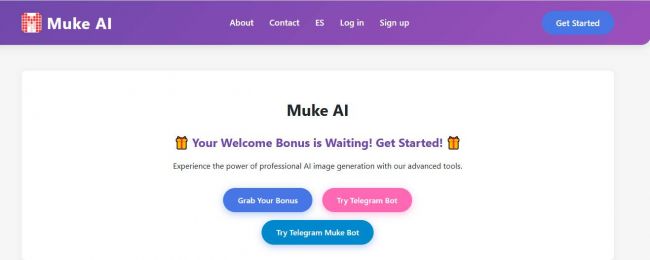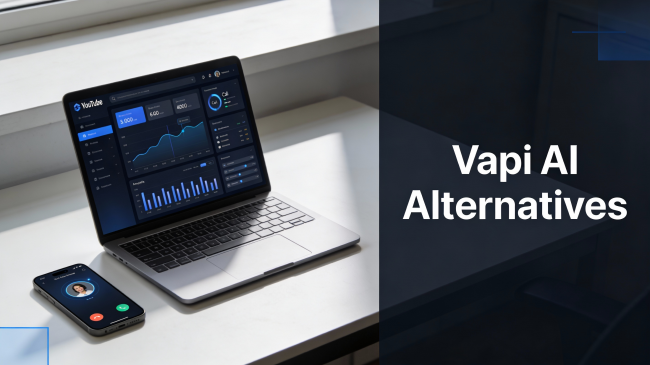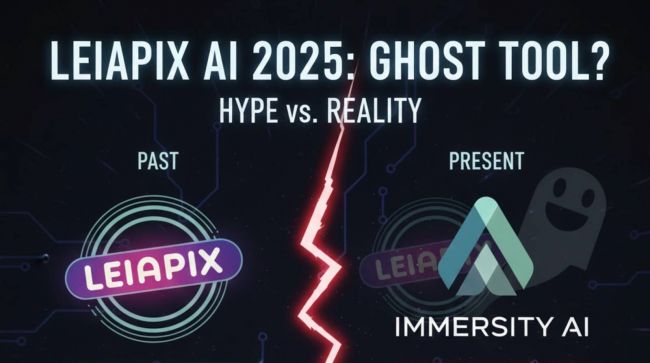On This Page
- Bard AI Is Now Gemini: What Just Happened at Google?
- Gemini vs Bard vs ChatGPT: What's the Difference, Really?
- Everything Bard Could Do (Before It Became Gemini)
- What Powers Bard (and Gemini): Inside the DeepMind Model
- Bard AI in Action: Real Use Cases That Actually Work
- How Bard/Gemini Handles Real-Time Search (And Why It Matters)
- Gemini App on Android: Review of the Bard AI Experience
- Trust Factor: Is Bard AI Biased, Safe, or Just Overhyped?
- What Users Say: Gemini (Bard) Reviews from Reddit to Trustpilot
- What Bard Still Gets Wrong: AI Slip-Ups in 2025
- Academic and Developer Opinions on Gemini vs GPT
- Where Bard Beats ChatGPT (And Where It Doesn’t)
- Our Take: What Gemini Really Means for Everyday Users
Just when users were starting to get comfortable with Bard AI, Google hit the switch: Bard is now Gemini.
Rebrand? Power-up? Marketing pivot? It’s all of the above. And it marks a new chapter in Google’s LLM journey—from a shaky chatbot debut to a multimodal assistant that’s now baked into Android phones, Search, and even Gmail.
So, is Gemini the breakthrough Bard couldn’t be? Or just a better wrapper on the same tech?
Let’s dissect it—fast, sharp, and without the fluff.
Bard AI Is Now Gemini: What Just Happened at Google?
Google officially retired the "Bard" brand in early 2024, rolling it into the Gemini model family. The rebrand came with a UI refresh, deeper integration with Search and Workspace, and the launch of Gemini Advanced (a paid version based on the Gemini 1.5 Pro model).
Why the shift? Because Bard was... confusing. And Gemini, well, sounds a lot more futuristic.
Gemini vs Bard vs ChatGPT: What's the Difference, Really?
| Feature | Gemini (Former Bard) | ChatGPT | Bing Copilot |
| Model Base | Gemini 1.5 / 1.0 | GPT-4 (Plus) | GPT-4 / DALL-E |
| Real-time Search | Yes | No (except via plugin) | Yes |
| Multimodal Input | (Pro version) | (Vision) | Yes |
| App Integration | Gmail, Docs, Android | Limited | Edge, MS apps |
| Free Version Available | Yes | Yes | Yes |
Bard was decent. Gemini is aggressive.
Everything Bard Could Do (Before It Became Gemini)
Before the rebrand, Bard featured:
- Export to Gmail/Docs
- Code writing and debugging
- Image generation (with help from Google Lens)
- Real-time web access for news, weather, and more
Gemini retained all of that—and added UI polish, model upgrades, and Workspace-level integrations.
What Powers Bard (and Gemini): Inside the DeepMind Model
Gemini is built on DeepMind’s new model architecture, which combines:
- Text + image + audio processing
- Long-context reasoning
- High-performance benchmarks across math, logic, and code
It's Google's answer to OpenAI's GPT-4 and Anthropic's Claude 3—and it's catching up fast.
Bard AI in Action: Real Use Cases That Actually Work
Use Gemini (formerly Bard) for:
- Drafting emails based on brief prompts
- Summarizing articles with live web info
- Writing code snippets in Python or JS
- Translating multi-language content
It's not just a chatbot anymore. It’s a productivity layer.
How Bard/Gemini Handles Real-Time Search (And Why It Matters)
Unlike ChatGPT (free or Plus), Gemini can pull fresh information from the web instantly.
_1753874159.png)
Type "Best laptops under $1000" or "Flights from NYC to LA," and it’ll source from live sites.
This makes it a huge upgrade for:
- Shopping queries
- Research
- News summarization
Gemini App on Android: Review of the Bard AI Experience
Gemini is now built into Android phones, replacing Google Assistant. The app is lightweight, voice-ready, and remembers past conversations (to a limited degree).
Things to like:
- Fast boot and low battery usage
- Integrated with Chrome and Gboard
- Button to continue tasks in Gmail or Docs
Things to fix:
- Still no offline mode
- Can get confused with ambiguous voice input
Trust Factor: Is Bard AI Biased, Safe, or Just Overhyped?
There’s been criticism about bias, hallucinations, and source transparency.
- Reddit users cite inconsistent political tone
- ResearchGate analysis shows uneven reliability across academic domains
Bottom line? Gemini is safer than it was—but not perfect.
What Users Say: Gemini (Bard) Reviews from Reddit to Trustpilot
- Trustpilot: Mixed. High for usability, low for reliability.
- Reddit: Devs like it for quick coding prompts. Students say it's "more helpful than ChatGPT" for Google-specific tasks.
- Amazon Kindle Guide: Bard AI book reviews say it’s good for light productivity, not critical thinking.
What Bard Still Gets Wrong: AI Slip-Ups in 2025
- Can fabricate citations
- Overconfident responses on unclear prompts
- Struggles with legal, finance, or domain-specific queries
Academic and Developer Opinions on Gemini vs GPT
- IEEE paper says Gemini trails GPT-4 in creative writing
- Developers prefer Gemini for real-time web use, not deep reasoning
Where Bard Beats ChatGPT (And Where It Doesn’t)
Wins at:
- Search integration
- Android ecosystem
- Gmail + Docs productivity
Still behind in:
- Conversation depth
- Custom GPTs and plugin ecosystem
- Long-form creative writing
Our Take: What Gemini Really Means for Everyday Users
We've followed Bard since its rocky beta days—and honestly, Gemini feels like Google finally found its footing in the AI race. It’s faster, more integrated, and way more useful than Bard ever was. But let’s not get swept away by the rebrand alone.
If your daily workflow revolves around Google tools—Gmail, Docs, Search—Gemini can genuinely save you time. It feels less like a chatbot, and more like a contextual assistant baked into your digital life.
That said, if you’re a developer, writer, or researcher needing complex reasoning, long memory, or advanced customization, ChatGPT and Claude are still more capable. Gemini isn’t there yet.
This rebrand isn’t just cosmetic—it’s a statement. Google wants Gemini to be your go-to AI across devices, apps, and moments of need. And for casual users, that might be enough.
Bottom line? Gemini is no longer a "catch-up" tool. It’s starting to lead—in ways that matter to real users. And that’s worth paying attention to.
Post Comment
Be the first to post comment!





